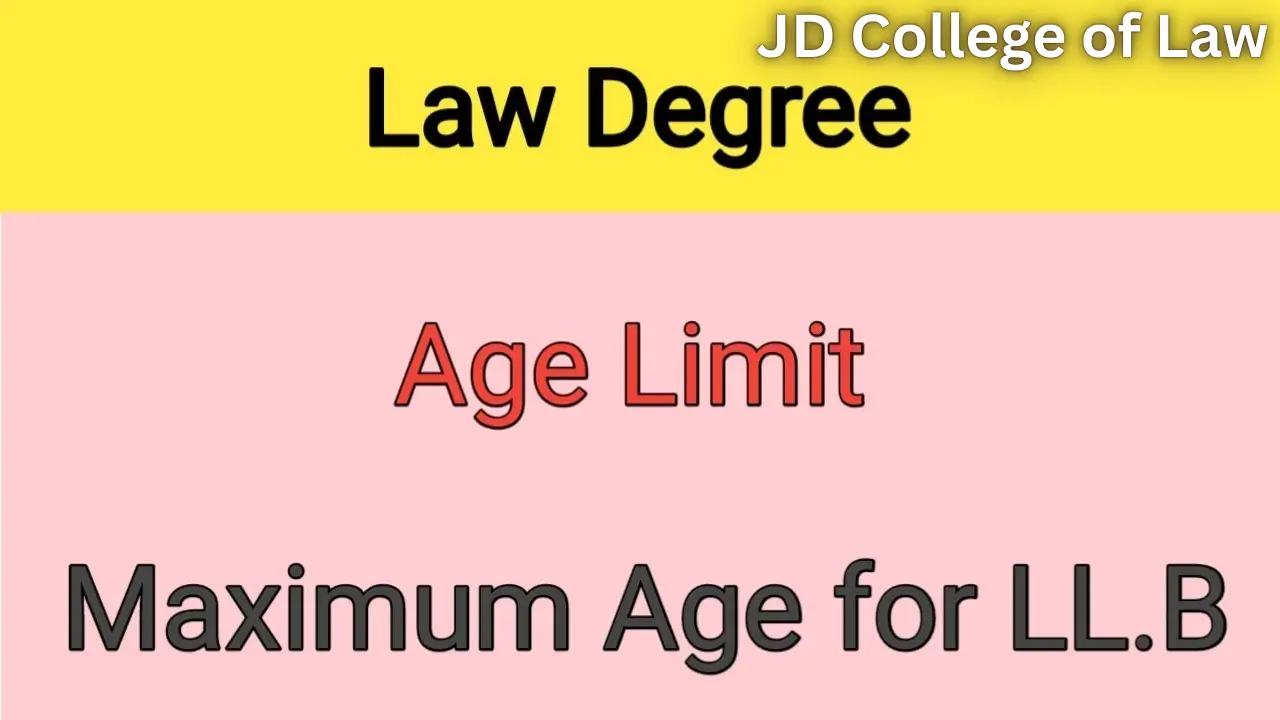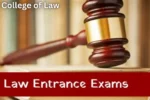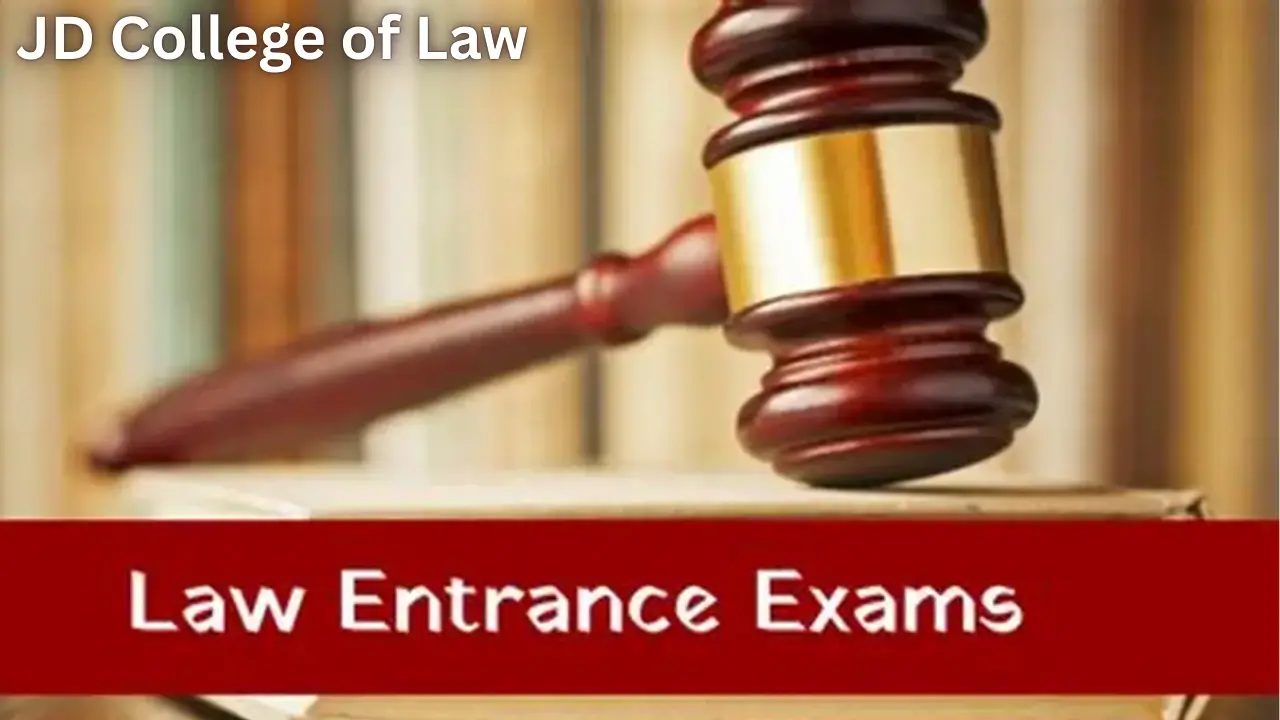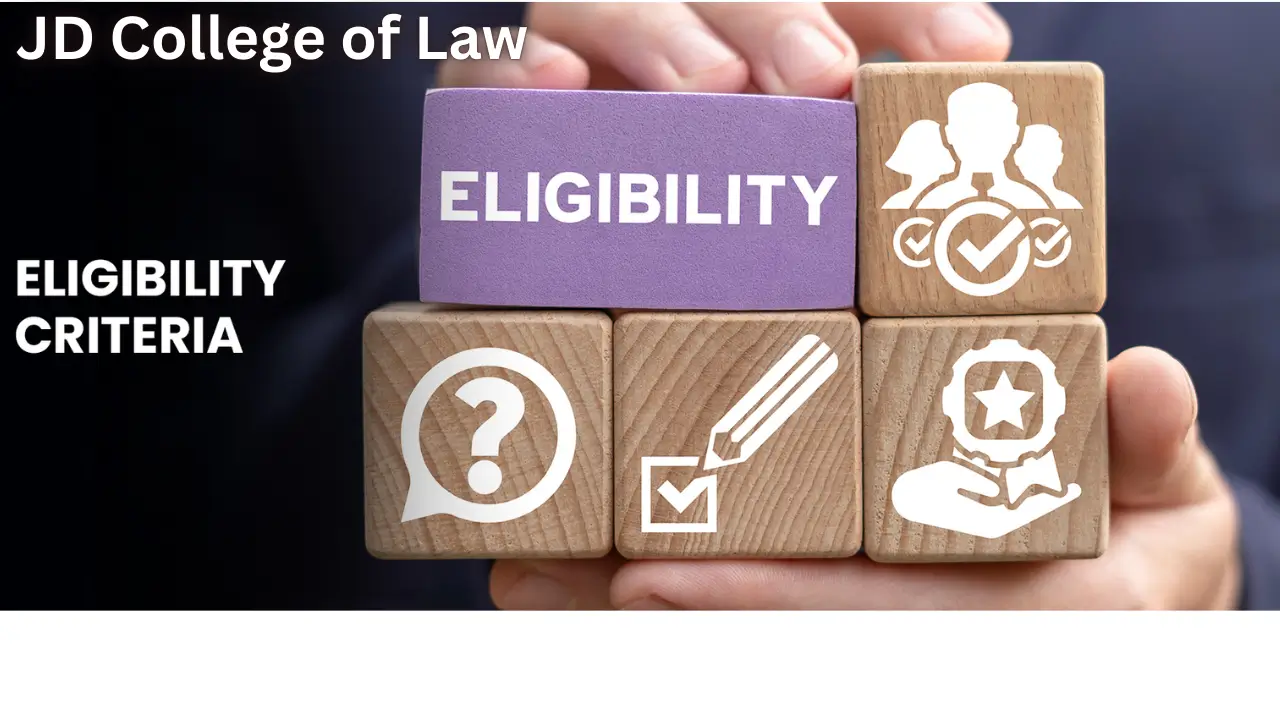The age limit for law admissions has been a topic of significant discussion and legal scrutiny in recent years. In India, the Bar Council of India (BCI), the apex regulatory body for legal education and the legal profession, initially imposed age restrictions on admissions to law courses.
However, due to public interest litigations and Supreme Court interventions, these restrictions have evolved. As of 2025, the landscape regarding age limits for law admissions reflects more inclusive and flexible policies.
Overview of Law Courses and Eligibility
Law education in India primarily consists of two types of undergraduate programs:
- Five-Year Integrated LLB Course: Students can enroll immediately after completing their 10+2 (higher secondary school).
- Three-Year LLB Course: This is a postgraduate course for students who have already completed a bachelor’s degree in any discipline.
Eligibility Requirements (as of 2025) for Law Admissions
| Course Type | Minimum Educational Qualification | Age Limit (BCI Guidelines) |
|---|---|---|
| Five-Year Integrated | Completion of 10+2 with at least 45% marks | No upper age limit as per Bar Council of India |
| Three-Year LLB | Graduation in any discipline with minimum 45-50% marks | No upper age limit as per Bar Council of India |
Historical Context of Age Limits
- Initially, the BCI set an upper age limit of 20 years for admission to the five-year integrated law program.
- For the three-year LLB course, the age limit was initially 30 years.
- After public and legal challenges, the age limits were raised to 22 years for the five-year course and 45 years for the three-year course.
- Following further legal scrutiny and a Supreme Court stay order, these age limits have been removed entirely, allowing aspirants of any age to apply for law courses.
Latest Updates and Judicial Interventions
- The Supreme Court of India intervened against the BCI’s age restrictions, calling such limits “prima facie unreasonable” and against the spirit of promoting legal education.
- The court’s stay on the BCI notifications removed the cap on age for admissions, paving the way for aspirants regardless of age to pursue law education.
- The court acknowledged societal demand and the need for diversity in legal education, emphasizing that experience and maturity could enrich the legal profession.
- Most law institutions now follow these guidelines with no prescribed upper age limit for either the three-year or five-year LLB courses.
Reasons Behind Removing Age Barriers
- To encourage wider participation in legal education from diverse age groups with varying experiences.
- Recognition that many individuals choose law as a second career or after completing other degrees.
- To align with practices in foreign universities where age is seldom a barrier to admission.
- To uphold constitutional rights related to education and career choices.
Points to Consider for Aspiring Law Students
- Although there is no official age limit, some individual institutions or specialized programs might impose internal age restrictions, especially for part-time or distance learning courses.
- Entrance exams like CLAT, AILET, LSAT India, and state-level tests are the major gateways for admission and do not impose age limits.
- Candidates must meet the minimum educational qualifications and entrance exam score requirements.
- Law is a field appreciating varied backgrounds, and mature students often bring valuable insights.
Summary Table of Key Points on Age Limits for Law Admissions
| Aspect | Details |
|---|---|
| Age Limit for 5-Year LLB | No upper age limit |
| Age Limit for 3-Year LLB | No upper age limit |
| Entrance Exams Age Criteria | No age restrictions in major entrance exams |
| Institutional Restrictions | Possible but rare; vary by college and course mode |
| Supreme Court Position | Supports removal of age barriers |
| Bar Council of India Policy | No official upper age limit currently |
Conclusion
As of 2025, aspiring law students in India benefit from a significant liberalization of age criteria for law admissions. The Bar Council of India, under judicial direction, has abolished the upper age limits for both the five-year integrated LLB and three-year LLB courses, promoting inclusivity and accessibility in legal education.
This development recognizes the diverse pathways and timelines individuals may follow toward becoming legal professionals. Students of any age, provided they meet educational and entrance requirements, are encouraged to pursue law careers, enriching the legal fraternity with their varied experiences and perspectives.












